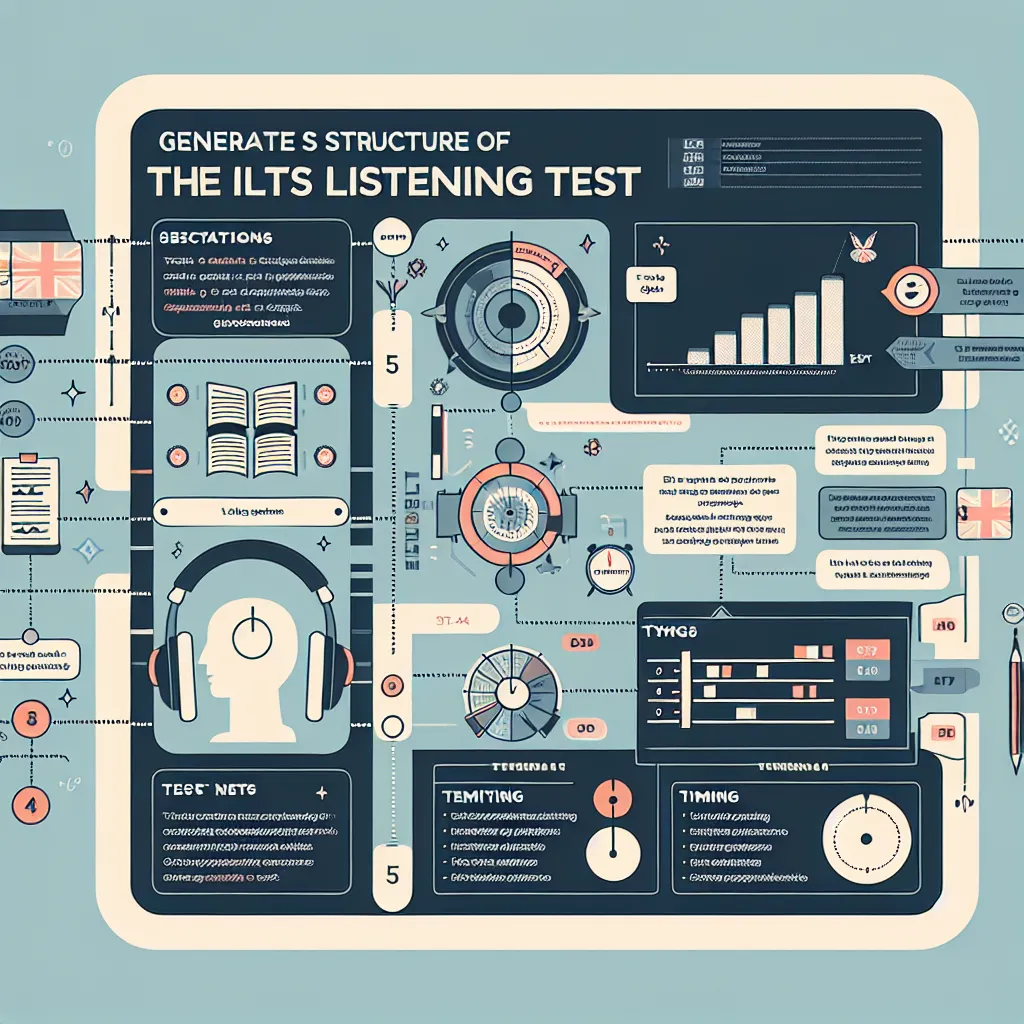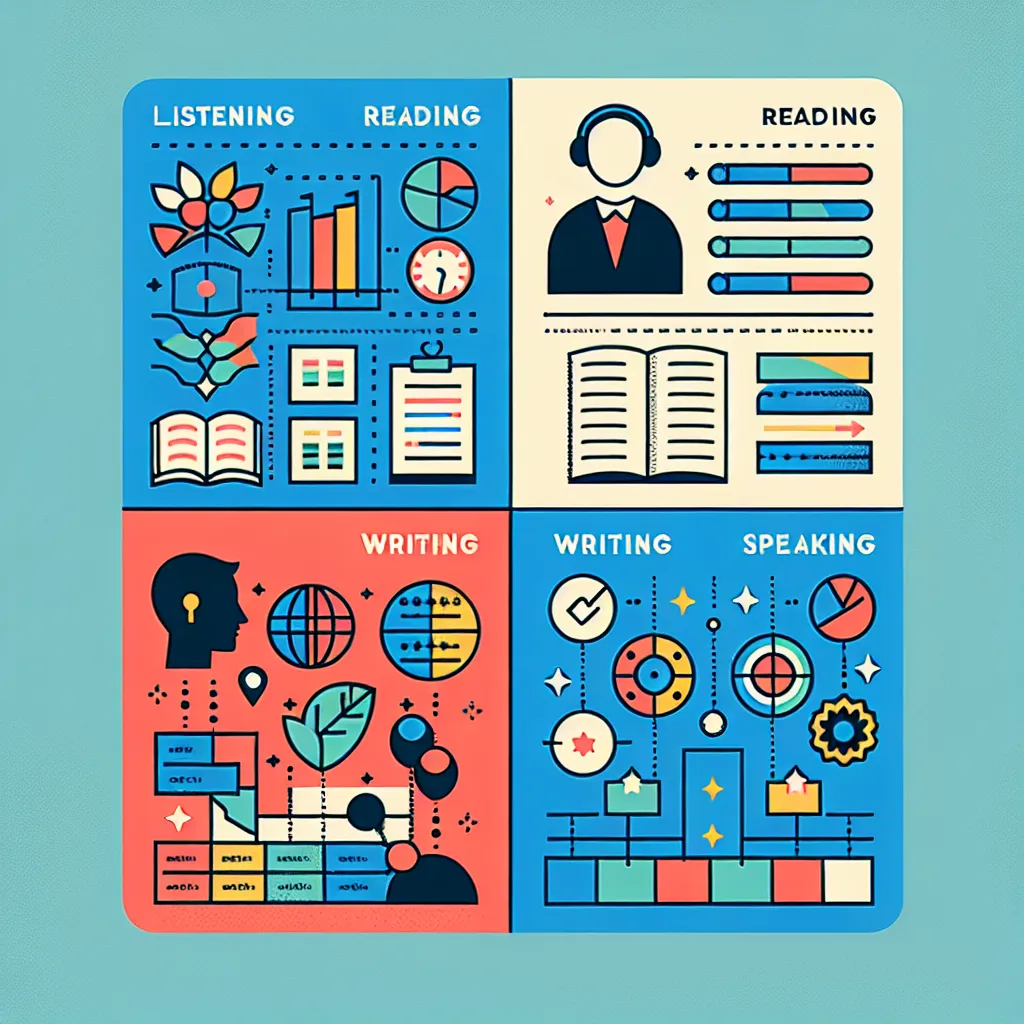IELTS Speaking Part 1 is often considered the “warm-up” section of the speaking test, but it’s crucial for setting the tone for your entire speaking performance. In this comprehensive guide, we’ll explore effective strategies and expert tips on how to answer IELTS Speaking Part 1 questions confidently and accurately.
Understanding IELTS Speaking Part 1
IELTS Speaking Part 1 typically lasts 4-5 minutes and consists of general questions about familiar topics such as your hometown, family, work, studies, and hobbies. The examiner will ask you a series of questions, and your goal is to provide clear, coherent, and natural responses.
 IELTS Speaking Part 1 Interview
IELTS Speaking Part 1 Interview
Key Characteristics of Part 1 Questions
- Short and simple questions
- Personal and familiar topics
- Designed to assess your ability to communicate opinions and information
Strategies for Answering Part 1 Questions
1. Provide Direct and Concise Answers
When answering IELTS Speaking Part 1 questions, it’s essential to be direct and concise. Start with a clear answer to the question, then provide a brief explanation or example to support your response.
Example:
Question: “Do you like reading?”
Answer: “Yes, I do. I find reading both entertaining and educational. I particularly enjoy mystery novels because they challenge my mind and keep me engaged.”
2. Expand Your Answers Appropriately
While it’s important to be concise, you should also aim to give more than just a one-word answer. Provide enough information to demonstrate your language skills without going off-topic or speaking for too long.
Example:
Question: “What kind of music do you like?”
Answer: “I’m a big fan of jazz. I love the improvisational nature of the genre and how it blends different instruments. My favorite jazz musician is Miles Davis, whose trumpet playing I find incredibly expressive.”
3. Use a Variety of Vocabulary and Structures
Showcase your language abilities by using a range of vocabulary and grammatical structures. This will help you achieve a higher score in the Lexical Resource and Grammatical Range and Accuracy criteria.
Example:
Question: “What do you do in your free time?”
Answer: “I’m quite passionate about photography. On weekends, I often go on photo walks in the city, capturing candid street scenes and architectural details. It’s not only a hobby but also a way for me to express my creativity and document the world around me.”
4. Practice Active Listening
Pay close attention to the examiner’s questions and make sure you understand them fully before answering. If you’re unsure, don’t hesitate to ask for clarification.
Example:
Examiner: “Can you tell me about a favorite childhood memory?”
You: “Certainly. To clarify, would you like me to describe a specific event or a general memory from my childhood?”
5. Stay Calm and Confident
Remember that the examiner is not trying to trick you. Maintain a positive attitude and speak with confidence, even if you’re feeling nervous.
 Confident IELTS Candidate
Confident IELTS Candidate
Common Topics in IELTS Speaking Part 1
To prepare effectively, familiarize yourself with these frequently covered topics:
- Hometown and accommodation
- Work or studies
- Family and friends
- Hobbies and interests
- Daily routines
- Weather and seasons
- Food and cooking
- Travel and holidays
- Sports and exercise
- Technology and the internet
Tips for Success in IELTS Speaking Part 1
1. Practice Regularly
Set aside time each day to practice answering common Part 1 questions. This will help you become more comfortable with the format and improve your ability to respond quickly and naturally.
2. Record Yourself
Record your practice sessions and listen back to identify areas for improvement in your pronunciation, fluency, and content.
3. Time Your Responses
Aim to speak for about 30 seconds to 1 minute per question. This will help you provide sufficient information without over-extending your answer.
4. Learn to Paraphrase
Develop the skill of rephrasing questions in your answers. This demonstrates your understanding and ability to use English flexibly.
Example:
Question: “What’s your favorite season?”
Answer: “When it comes to seasons, I particularly enjoy autumn. The changing colors of the leaves and the crisp air make it a delightful time of year for me.”
5. Be Honest and Personal
Don’t try to memorize answers or make up information. The examiner is interested in your genuine thoughts and experiences.
6. Use Discourse Markers
Incorporate discourse markers to make your speech more natural and cohesive.
Example:
“Well, to be honest, I’m not much of a cook. However, I do enjoy trying new restaurants in my free time.”
Common Mistakes to Avoid
- Giving one-word answers
- Speaking too quickly or too slowly
- Using overly complex language unnecessarily
- Going off-topic or providing irrelevant information
- Failing to elaborate on your answers
Next Steps: Preparing for Parts 2 and 3
Once you’ve mastered Part 1, focus on preparing for the more challenging Parts 2 and 3 of the IELTS Speaking test. These sections require longer responses and more complex language use, so practice developing your ideas and expressing opinions on a variety of topics.
In conclusion, succeeding in IELTS Speaking Part 1 requires a combination of preparation, practice, and confidence. By following these strategies and tips, you’ll be well-equipped to start your speaking test on a strong note. Remember to stay calm, listen carefully, and showcase your English language skills naturally and effectively. Good luck with your IELTS preparation!




